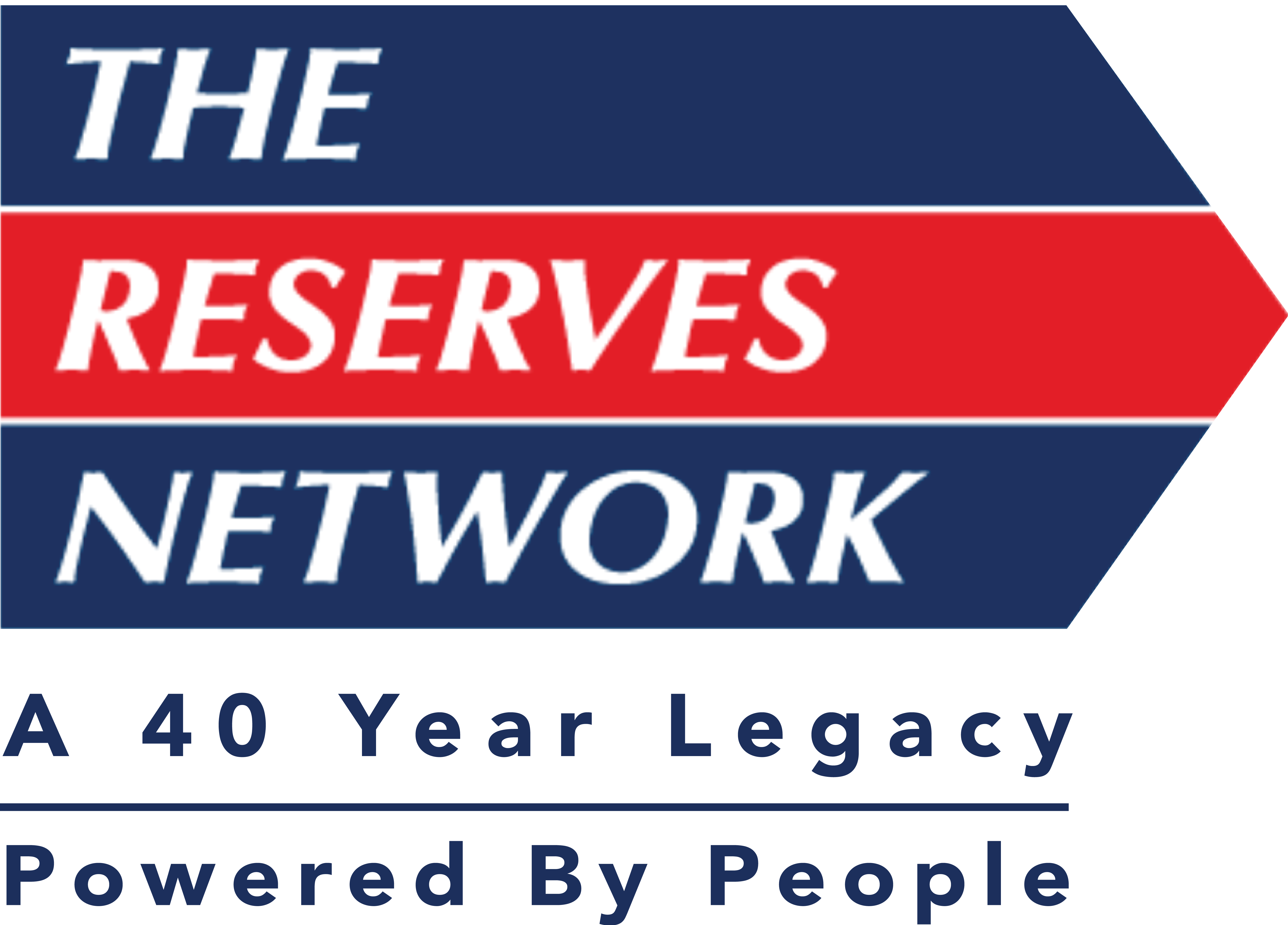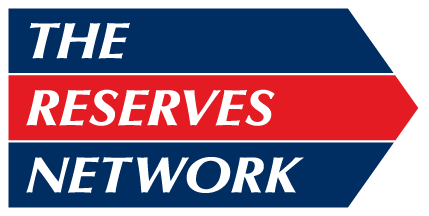What Happens When You Don’t Like Your Assignment
When you get an assignment through a recruiter, ideally the new job will be a perfect fit for you. Talking to your recruiter about your career goals and hopes for your job enables them to find an opportunity you’ll enjoy. Sometimes, however, you’ll end up with an assignment you don’t like. Here’s what to do when the assignment isn’t what you’d hoped for.
-
Evaluate the reasons you don’t like the assignment.
There are good and bad reasons to quit a job. If the work is challenging, pushing yourself to learn new skills could advance your career and boost your credibility – even if you feel frustrated in the short term. However, if you’re being treated badly or the company has a toxic corporate culture, this is a different situation. Be honest with yourself, and your recruiter, about your problems with the job.
-
Let the recruiter know right away of any issues.
If you’re struggling at work, let your recruiter know immediately. Detail your issues with the position and the reasons you’re having problems. The recruiter may be able to help you fix the issue and can use the feedback to help you find a different job for which you’re a better fit.
-
Make this a learning experience.
A recruiter wants you to be successful and will work with you to find a job where you excel. This may take time. It’s best to stick with the assignment until your recruiter finds a new opportunity for you and seeks out your replacement. Learn as much as you can and do your job efficiently while you remain employed so you’ll build an industry connection and boost your resume.
-
Remain professional.
Even if you hate a job, don’t just leave without notice or slack off during your shift. You’ll burn your bridges with the recruiter and company – neither of which is a good thing for your professional reputation.
The Reserves Network has a strong track record for placing candidates in jobs they love. If an assignment turns out to be different from what you expect, we’ll help you decide on the best course of action. Contact The Reserves Network today to find out more.



